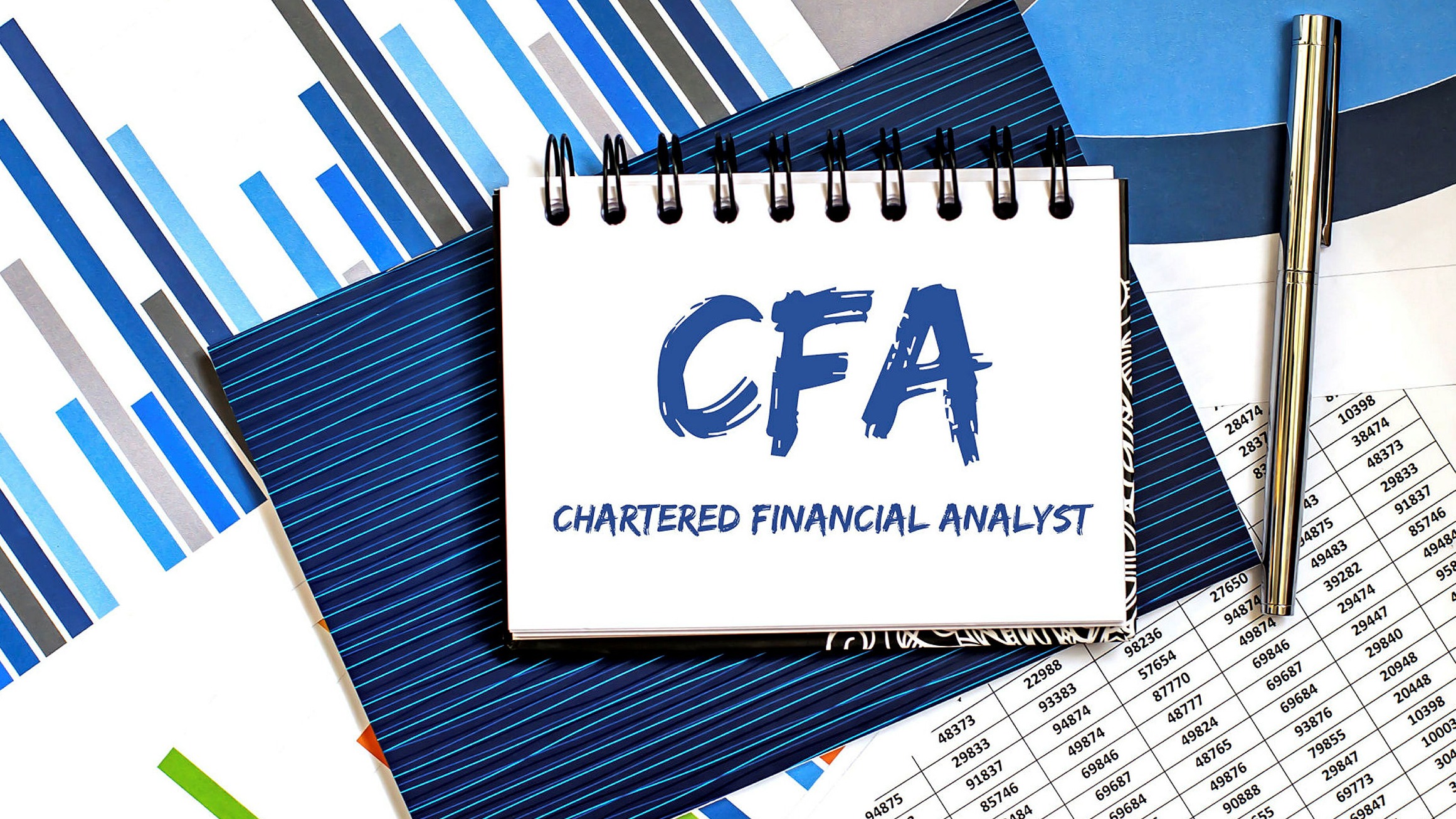Mastering Success: Demystifying CFA Level 2 Formulas
Introduction
The Chartered Financial Analyst (CFA) Level 2 exam is a formidable challenge that separates the dedicated finance professionals from the crowd. As candidates delve into the depths of this exam, they encounter a multitude of formulas that serve as the building blocks for advanced financial analysis. In this blog post, we'll explore the significance of CFA Level 2 formulas, their application, and offer insights into mastering them effectively.
The Importance of Formulas
Formulas in the CFA Level 2 curriculum are more than just mathematical equations; they're the language through which financial concepts are expressed and analyzed. These formulas enable candidates to quantify, compare, and evaluate various financial metrics, thus providing a standardized framework for decision-making. From portfolio management and equity analysis to fixed income securities and derivatives, these formulas serve as indispensable tools in the analytical toolkit of a financial professional.

Application in Real-world Scenarios
While memorizing formulas might seem daunting, their true value lies in their real-world application. For instance, the Capital Asset Pricing Model (CAPM) formula helps in estimating the expected return on an investment by considering its risk relative to the market. This formula aids financial analysts in making informed investment decisions based on risk and reward trade-offs.
Another example is the Black-Scholes formula, which is crucial for valuing options. In a fast-paced derivatives market, this formula empowers professionals to determine fair option prices, facilitating prudent risk management strategies.
Mastering Formulas: Strategies and Tips
1. Understanding Concepts: Instead of rote memorization, focus on understanding the underlying concepts behind each formula. This comprehension will not only make the formulas easier to remember but also allow you to apply them accurately to diverse scenarios.
2. Visual Aids: Creating visual aids like mind maps, flowcharts, or flashcards can help cement formulas in your memory. Associating a formula with a visual representation can simplify complex concepts and facilitate recall during the exam.
3. Practice, Practice, Practice: Regular practice is the key to mastery. Solve a wide range of practice questions and mock exams to apply the formulas to various scenarios. This will enhance your problem-solving skills and boost your confidence in handling the exam.
4. Step-by-Step Approach: Break down each formula into its constituent parts and understand how they interact. This step-by-step approach not only aids understanding but also ensures accuracy during calculations.
5. Teach Others: Explaining formulas to others, whether it's fellow candidates or friends, can reinforce your own understanding. Teaching forces you to clarify your thoughts and helps identify any gaps in your knowledge.
6. Focus on High-Weight Topics: While covering the entire curriculum is crucial, prioritize high-weight topics that carry more significance in the exam. Allocate more time to mastering these formulas and concepts.
7. Consistent Revision: Regularly review formulas you've learned to prevent forgetting them over time. A systematic revision strategy can help maintain your formula proficiency.
Conclusion
The CFA Level 2 exam demands a comprehensive understanding of complex financial concepts and the ability to apply them to real-world scenarios. Formulas, as the cornerstone of this understanding, are not just mathematical expressions but the bridge between theoretical knowledge and practical analysis.
Mastering these formulas is a journey that requires dedication, perseverance, and strategic study techniques. By embracing a deep understanding of concepts, practicing consistently, and applying these formulas to diverse scenarios, candidates can confidently navigate the challenges of the CFA Level 2 exam and emerge as skilled finance professionals.
Remember, success in the CFA Level 2 exam isn't solely about memorizing formulas; it's about harnessing their power to make informed decisions that drive value in the dynamic world of finance. So, embrace the formulas as tools that will shape your analytical prowess and propel you towards your goal of becoming a Chartered Financial Analyst.